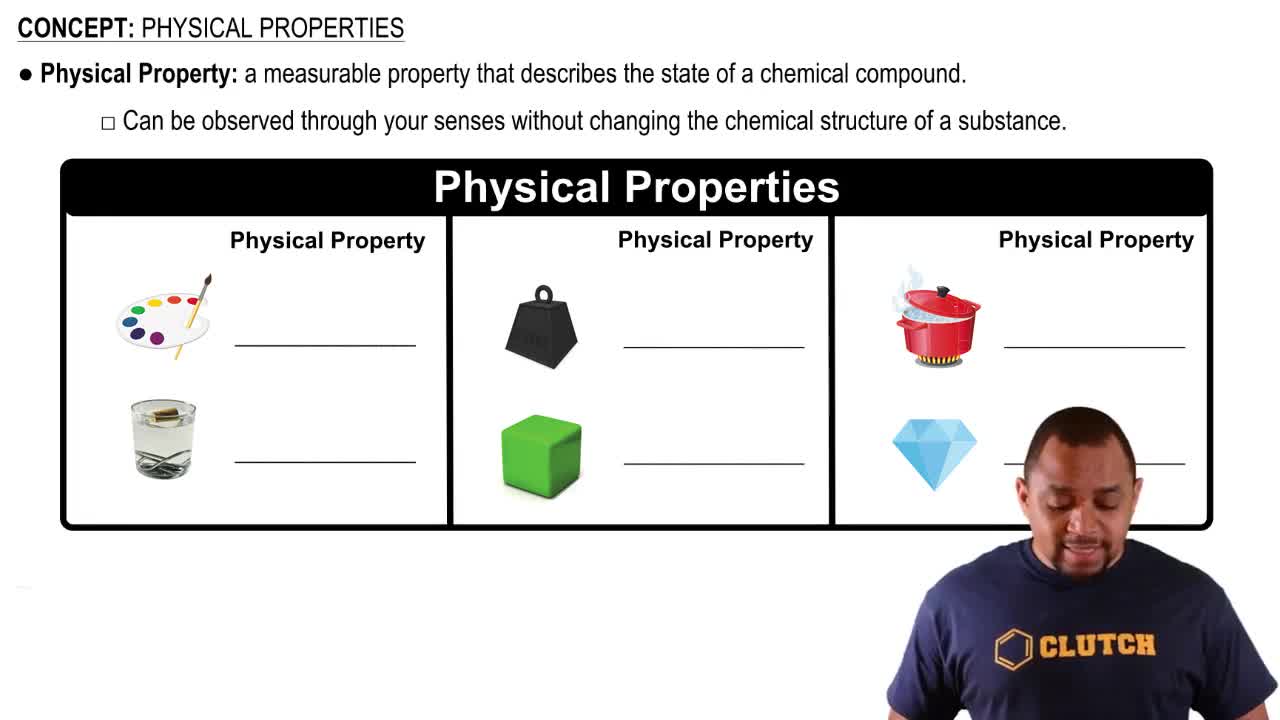On a typical day, medical personnel may encounter several situations involving measurement. State the name and type of measurement indicated by the units in each of the following:
a. The clotting time for a blood sample is 12 s.
 Verified step by step guidance
Verified step by step guidance Verified video answer for a similar problem:
Verified video answer for a similar problem:



 2:19m
2:19mMaster SI Units (Simplified) Concept 1 with a bite sized video explanation from Jules
Start learning